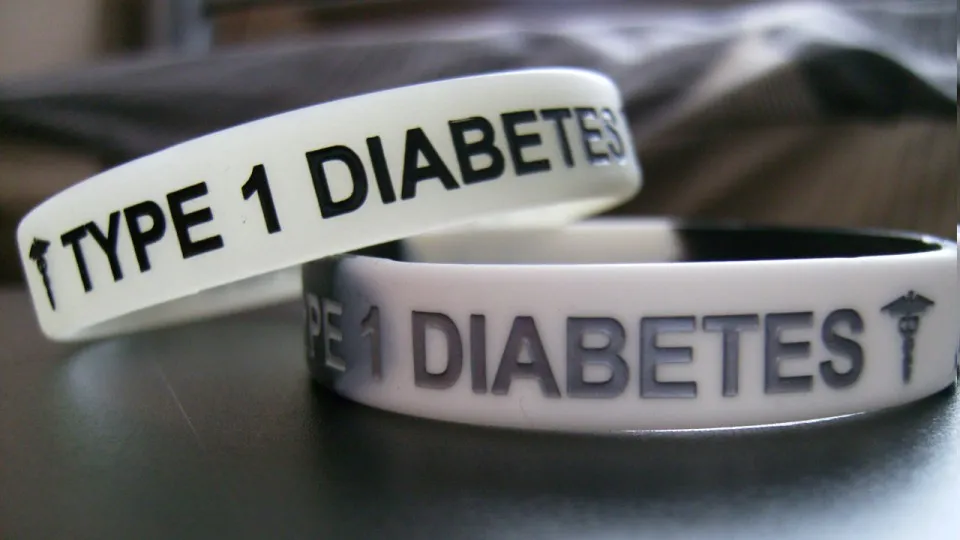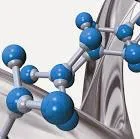There have only been 14 patients and for the moment there are not many data on their effectiveInsulin producing cells.
The first tests that a treatment must overcome before generalizing its use are carried out with very few patients and aim to verify that it is safe, and not so much what its effectiveness can be.
In this sense, a phase 1 essay that has just published the Science Translational Medicine magazine has met this security objective in a group of 14 diabetic people (six women and eight newly diagnosed men) who have received a therapy based on the first timeof their own cells to try to control type 1 diabetes.
This diabetes modality is an autoimmune disease, unlike type 2 diabetes that are usually associated with obesity and poor diet.In the case of type 1 diabetes, usual in young patients (and also in children), the immune system themselves attack the beta cells of insulin producers in the patient's pancreas, weakening their ability to control glucose levels inblood.
In the past, as Jeffrey Bluestone (from the University of San Francisco) recognizes in his article, the immunomodulating efficacy of many different therapies has been tested, trying to correct or replace the defective T cells to avoid that attack of the organism itself;However, none of them has had a lasting effect.
On this occasion, his team tested an autotransfusion of T cells of the patients themselves (between 18 and 43 years), previously multiplied in the laboratory.As they explain, with a small blood sample of the participants, millions of regulatory T cells were obtained, which are considered to be defective in diabetic patients because they are unable to maintain the immune response under control.
These T cells were grown in the laboratory until they multiply their amount by 1,500 and again transfused patients.In laboratory tests, the work authors explain, these multiplied T cells also showed greater activity than unrelated T cells.
The main news of the essay is that this injection had no adverse reaction in patients, who tolerated self -transfusion well and did not suffer any immune hyper reaction.But in addition, the researchers underline, a year later, transfused T cells still persisted in the bloodstream of patients.
With these preliminary results on the table, the American company Caladris Pharmaceuticals has already announced that it prepares the beginning of a phase 2 test to continue checking the effectiveness of this cell therapy in the control of type 1 diabetes.
Source: The world





